News
April 30, 2021 6:30 pm
Forbidden Stories co-organized a one-hour talk-show with UNESCO as part of the 2021 World Press Freedom Day.
Five high-profile journalists shared their personal experiences about digital and physical threats, financial pressure, access to information, in order to shed light on this question: How can investigative journalism survive in a hostile world?
This panel gathered Maria Ressa, David Kaplan, María Teresa Ronderos, Rawan Damen and Laurent Richard. Here’s what they said.
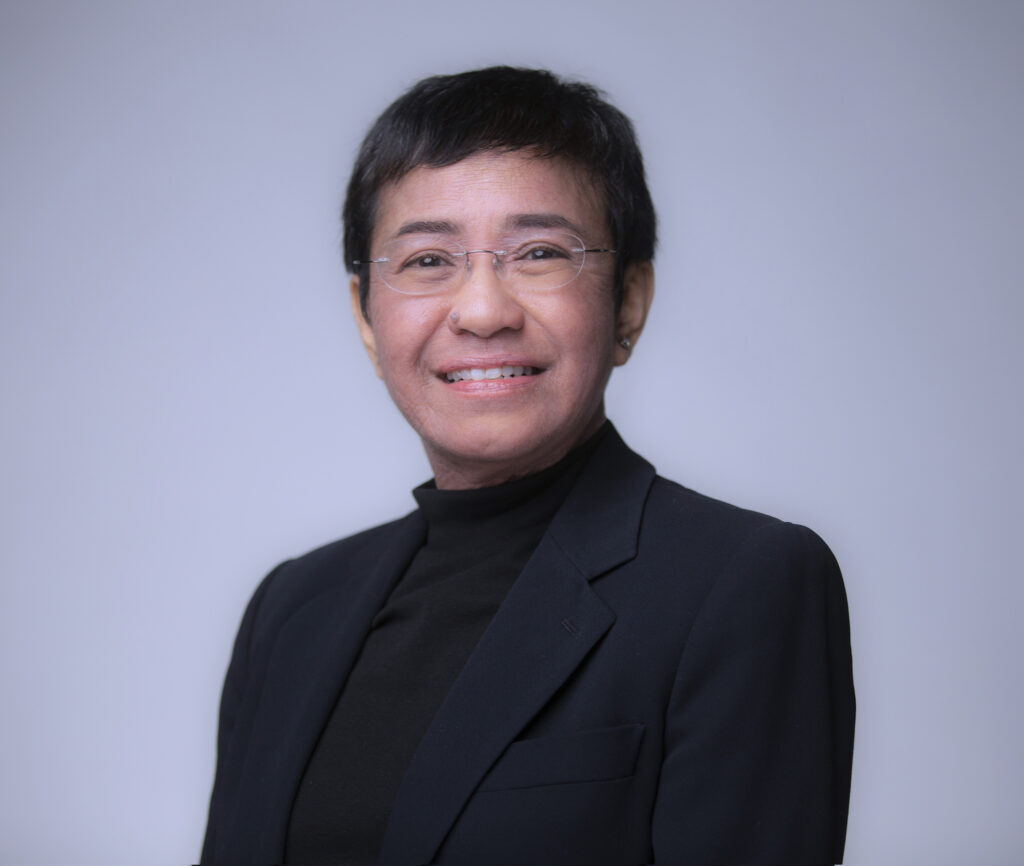
Maria Ressa, Executive Editor & CEO of Rappler. Co-founder of Philippines top digital only news site Rappler, she has been released on bail 10 times in less than two years for pursuing stories that challenge the Philippine authorities.
When the pandemic lockdown happened we were prepared.
“When you are going into a battle, you are better having people ready for battle. Right after President Duterte attacked us in his state of nation address, in 2017, I offered every Rappler employee a chance to leave, promising to help place them in other newsgroups. No one from editorial took that offer.”
“That’s under immense intense pressure that you form diamonds. At Rappler, we’ve been under attack for five years. What we’ve put in place to deal with the government attacks, the attacks online, the legal attacks, and the potential violence. In this environnement, one of the things we learned to do was to cluster, to come bottom up, to work from home – anticipating the worst-case scenarios. When the pandemic lockdown happened we were prepared.”
“It’s a miracle that we survived 2018. Because when the government attacks you, it creates fear among advertisers and among people reading your website. So it takes away money. In a couple of months, our advertising revenues dropped by 49%. In order to survive, we took what we were doing for ourselves: taking data. Looking at this information, it appeared that other companies were under attack. We thought: as investigative journalists, how can we produce that for other companies? So our advertisers who were scared to advertise needed the product, this service. Thanks to that, by the end of 2019 our revenue stream grew by 2000%. So what doesn’t kill you makes you stronger.”
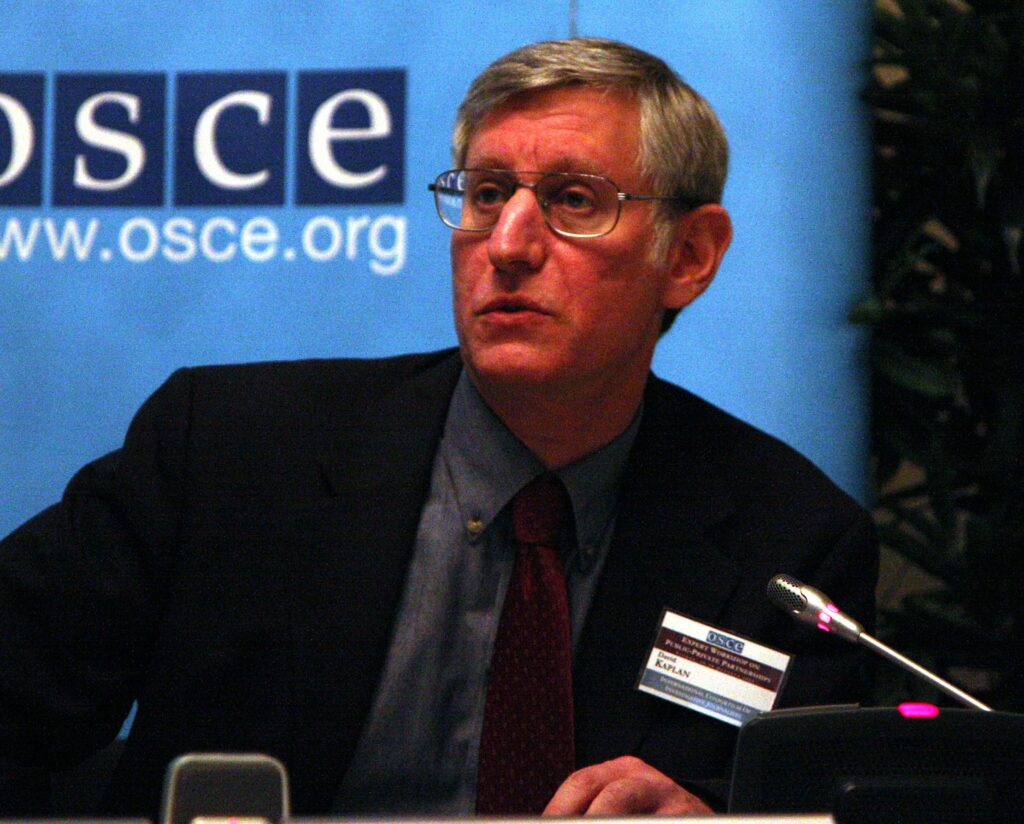
David Kaplan, Executive Director of GIJN. An investigative journalist for 40 years, he is the head of the Global Investigative Journalism Network (GIJN), which gathers 211 investigative organisations around the world.
The technology gives us a fighting chance.
“The threats have changed over the years. The enemies of the press used to just try to kill us. Now they are trying to kill journalism. They are using intimidation: they are going after us with lawsuits, with online trolls. There is a whole toolkit that they are using to destroy our craft.”
“We are on the frontline of this global backlash, against the media, human rights, democracy. Part of the backlash is because we are having an impact. We have more journalists today, in more places, with better tools, asking tougher questions than before.”
“When the globalization happened, the bad guys went international immediately. Not the good guys. But we are finally catching up. We are starting to link up in much more profound ways than ever before. That is indeed a threat to those who commit to abuses of power.”
“The technology has caused many difficulties. But it also gives us a fighting chance. Today, we can do investigations on a global basis, with secure collaborative software. It’s much harder to keep a secret. Even in Putin’s Russia.”
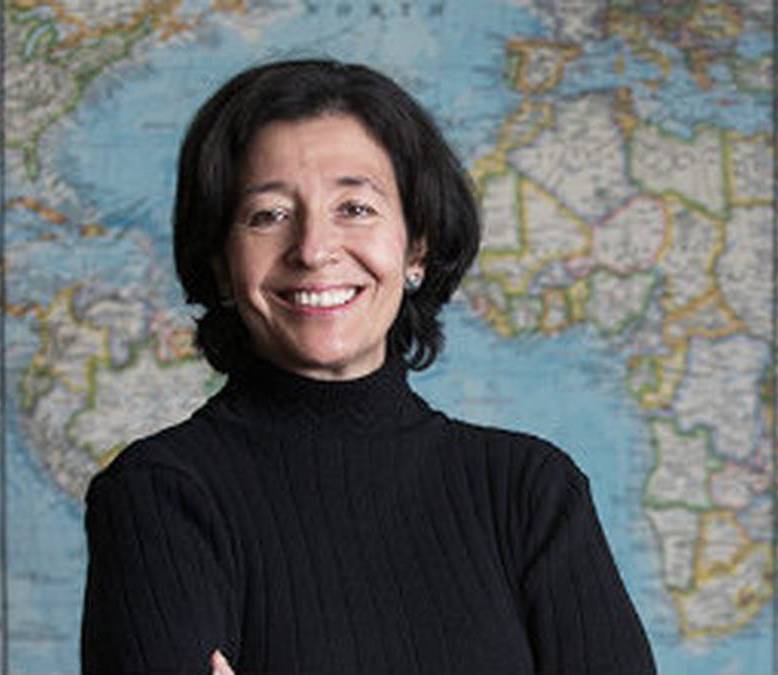
María Teresa Ronderos, Journalist, Director & Co-founder of CLIP. Former director of the Open Society Foundation (OSF) Program on Independent Journalism, she co-founded the Latin-American Investigative Journalism Center (CLIP) in 2019.
Being part of a community that you trust is key.
“Big South American media outlets that never did investigative journalism are now creating investigative units. They understood that they weren’t producing the kind of journalism people would pay for.”
“When I was working at Open Society Foundations (one of the world’s largest philanthropic organizations) I felt like I watched everyone having an ice cream but I couldn’t eat any! That was too painful. I was helping everybody do the real interesting journalistic work. That’s why I came back to journalism. In Latin America, there was not somebody who would bring together a team and connect everybody. That’s what CLIP, which I co-founded, now does.”
“For example, we tracked down the whole route of migrants from Africa and Asia into Latin America before they reach the US and Canada. That story was only possible thanks to cross-border collaborations and new technology for reporting (open-source data journalism).”
“Having a good information diet is not only receiving information, it’s also providing & demanding it. Being part of a community that you trust is key. When you hold power to account, people understand that your journalism makes them, as citizens, feel more powerful.”
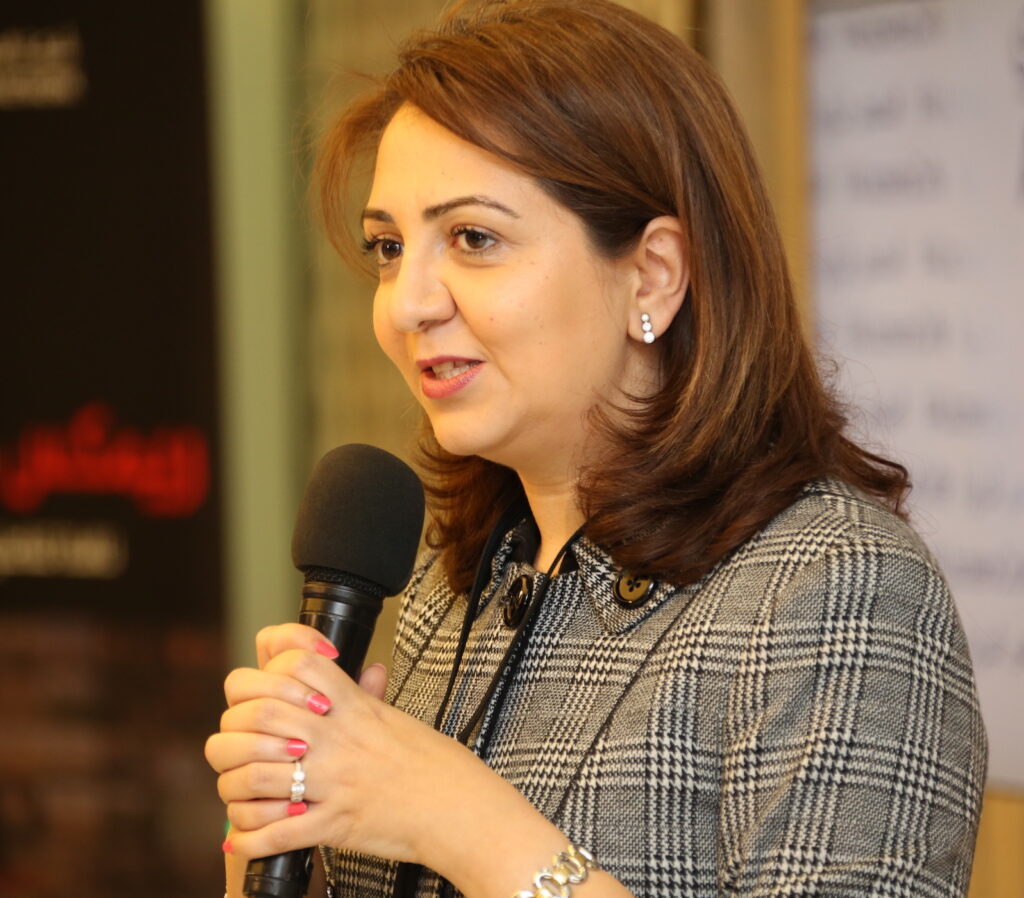
Rawan Damen, Director general of the Arab Reporters for Investigative Journalism (ARIJ). A prominent filmmaker, she has produced more than 30 hours of TV documentaries and investigations. She has been the director of ARIJ since 2020.
It is very difficult to convince sources to speak when we cannot physically meet with them.
“Arab governments are using the pandemic as a golden opportunity to implement new rules. But it will be permanent. This is a new fight for us. Many of the 4,000 journalists in ARIJ’s community became freelancers in 2020. It has been a big shift.”
“Digital surveillance is huge, which makes investigating even harder during a pandemic. We use encrypted messaging services, etc. But it is very difficult to convince sources to speak in the digital world when we cannot physically meet with them.”
“Online harassment, especially for female investigative journalists, also becomes much harder. That is why ARIJ created the ‘I will not stay silent’ project, in order to help them to deal with that.”
“Why are we doing investigative journalism? Because of our impact. For example, in an investigation in Yemen we shed light on serious problems in the country’s’ jails: some of the prisoners stayed there for years without any sentence, not even a charge. Immediately after we published this investigation, there were important talks in Yemen about it. In the end, 1,600 prisoners from the central prison were released because of our investigation. People were freed because of the work we did.”
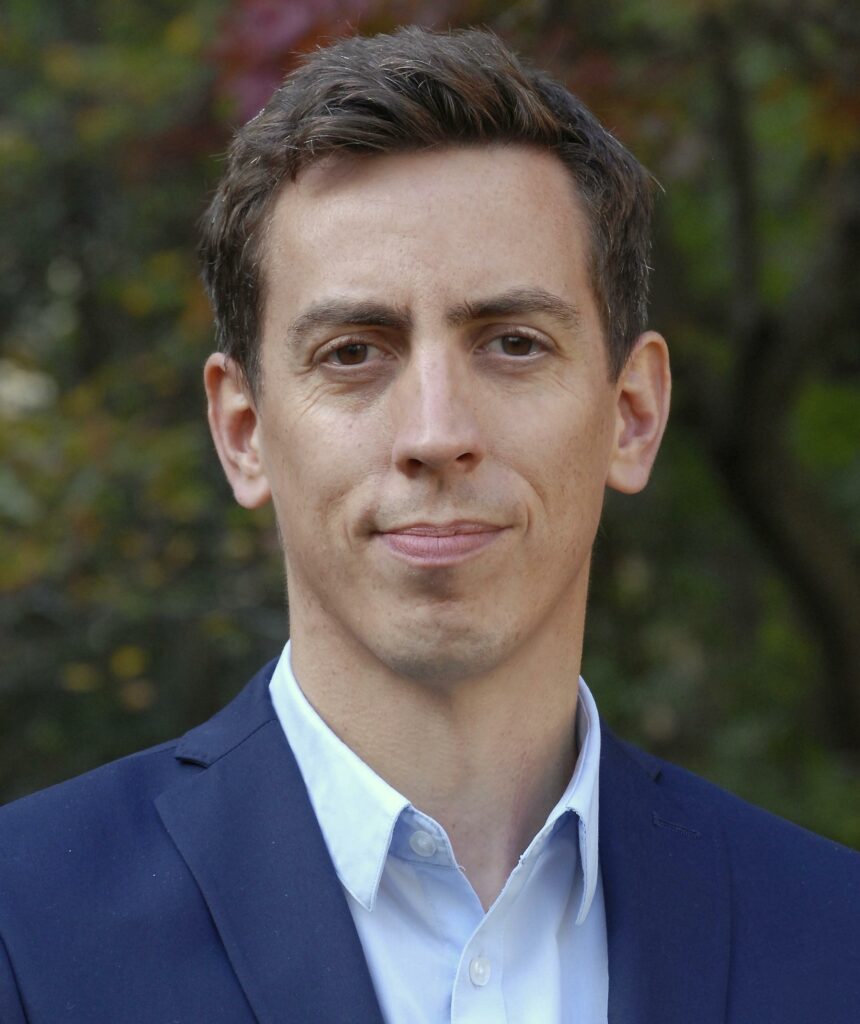
Laurent Richard, Founder & Executive Director of Forbidden Stories. An award-winning documentary filmmaker, he founded Forbidden Stories, a network of investigative journalists aiming to keep threatened journalists’ stories alive, in 2017.
At Forbidden Stories, we try to think with the mindset of the journalist’s killers.
“Collaboration brings protection. When we continued the work of Regina Martínez, killed in Mexico in 2012, we were 60 journalists coordinated by Forbidden Stories. Nobody can stop that. If one is killed, there are still 59 reporters to pursue the investigation.”
“Collaborating means having a bigger impact: more people have access to that information. The quality of information is also better as many more journalists investigate and fact-check. That’s why cross-border investigations can really benefit the public opinion.”
“At Forbidden Stories, we try to think with the mindset of the journalist’s killers. They do not care at all about statements. But they are concerned that their crimes are exposed all over the world.”
“When we are starting an investigation with Forbidden Stories, the killer is still free. We have to be cautious and assess the risks all the time. So one of the key things in order to make these investigations happen is to take time to conduct them.”
They support us
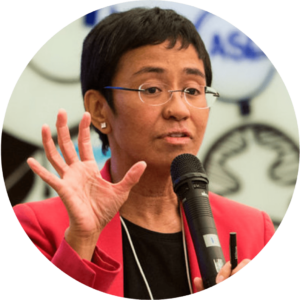
Maria Ressa
2021 Nobel Peace Prize
“All they want in killing a journalist, or in attacking a journalist, is to stop the story.”

Can Dündar
Former editor of the Turkish newspaper Cumhuriyet
“It will send a very clear message to oppressive governments that if they touch a journalist anywhere in the world, many others will be ready to support and follow up their story.”
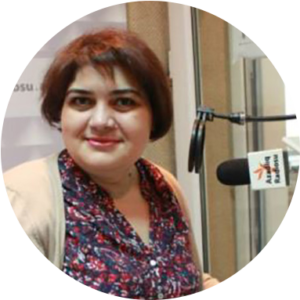
Khadija Ismayilova
Azerbajani investigative journalist
“What you are suggesting is creating a newsroom for journalists who have no press freedom. You will get fantastic stories.“
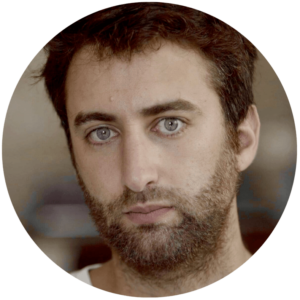
Matthew Caruana Galizia
Maltese journalist, son of slain reporter Daphne Caruana Galizia
“We couldn’t allow our mother’s stories to die with her. They were too important. For them to be forgotten would have been like killing her twice.“
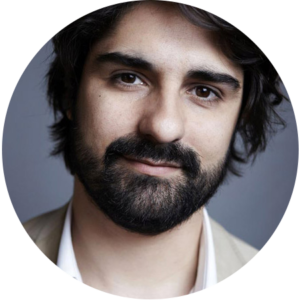
Fabrice Arfi
Mediapart‘s head of investigations
“The finest project of investigative journalism, in solidarity against censorship.“
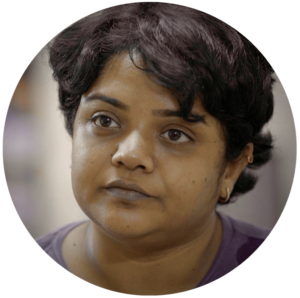
Sandhya Ravishankar
Indian journalist
“Now I know that Forbidden Stories will always have my back.”
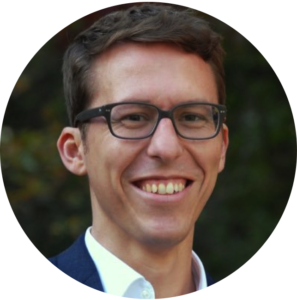
Bastian Obermayer
2017 Pulitzer Prize winner
“Even if Forbidden Stories rescues just a handful of investigations that fall into a sort of limbo each time a journalist is jailed or killed, it will already be a great victory for citizens.”

Marina Walker
Executive editor at Pulitzer Center
“By working together, journalists can make it harder for censorship to win. We’re proud to support Forbidden Stories.”


